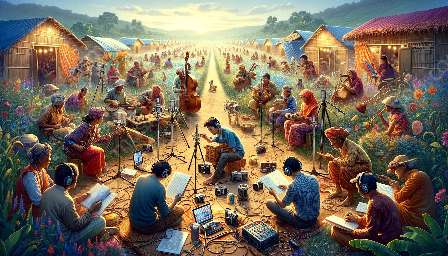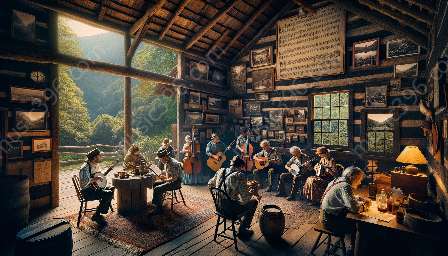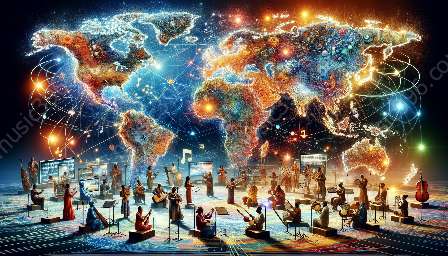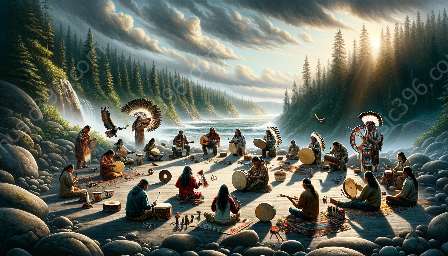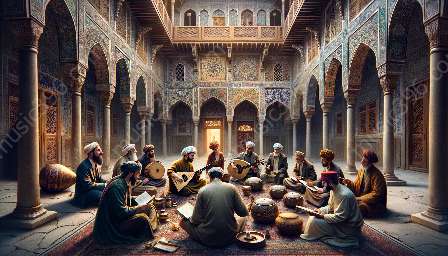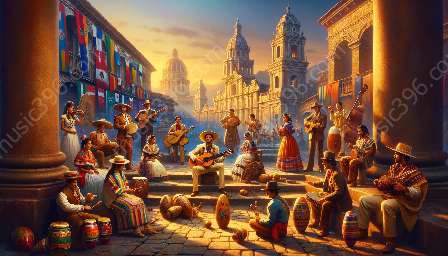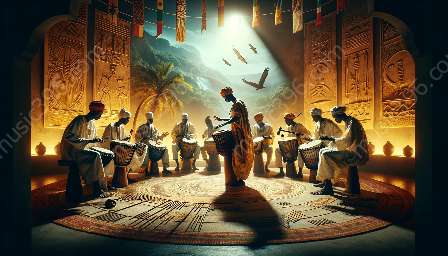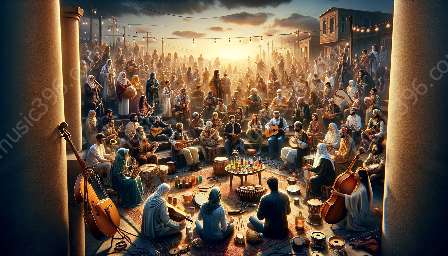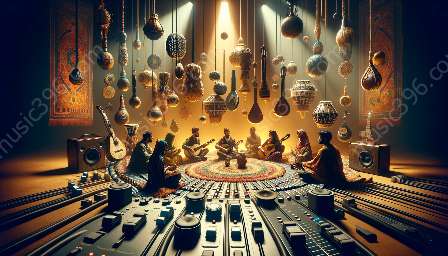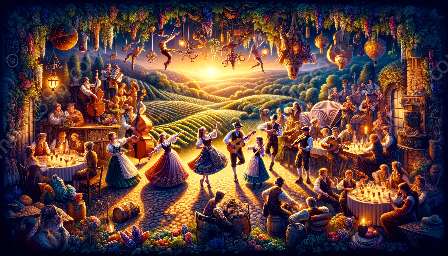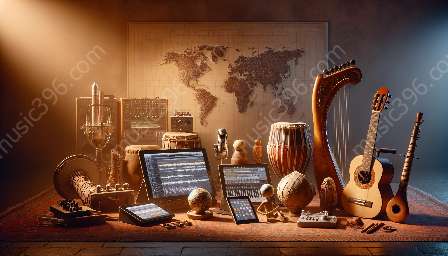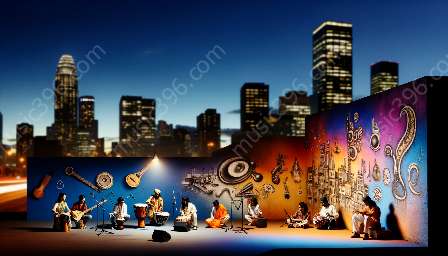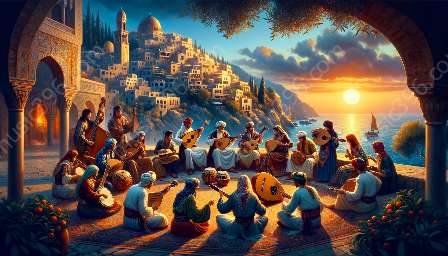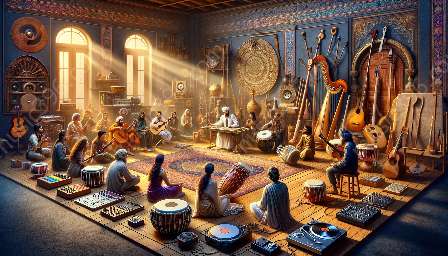Indigenous communities in Latin America have a rich tradition of using music as an integral part of their rituals and ceremonies. This tradition has been a subject of study in the field of Latin American ethnomusicology, shedding light on the diverse roles that music plays in these cultural practices. From the Andes to the Amazon and beyond, music is deeply intertwined with the spiritual, social, and cultural aspects of indigenous life.
Exploring Indigenous Rituals and Ceremonies
Before delving into the roles of music in indigenous rituals and ceremonies, it's crucial to understand the significance of these cultural practices within indigenous communities. Rituals and ceremonies are pivotal moments that mark important events such as harvests, births, deaths, coming of age, and spiritual communion. They provide a space for expressing and affirming cultural identity, maintaining social cohesion, and connecting with the spiritual world. In this context, music serves as a powerful medium through which these experiences are expressed and enacted.
Music as a Communicative Tool
One of the fundamental roles of music in indigenous rituals and ceremonies is its function as a communicative tool. Through complex rhythms, melodies, and lyrics, music conveys intricate messages, narratives, and emotions that transcend linguistic barriers. It serves as a means of transmitting knowledge, preserving histories, and passing down cultural traditions from one generation to the next. In essence, music becomes a living archive of indigenous knowledge and wisdom, carrying stories of the past into the present.
Sacred and Ceremonial Functions of Music
In many indigenous communities, the performance of music is deeply intertwined with sacred and ceremonial functions. Traditional instruments, such as the panpipes, drums, flutes, and rattles, are used in rituals to invoke spirits, honor ancestors, and establish connections with the natural world. These instruments are not merely tools for entertainment; they are ritual artifacts with specific symbolic meanings and spiritual significance. The sounds they produce are believed to have the power to carry prayers, blessings, and offerings to the spiritual realm, creating a bridge between the earthly and the divine.
Social and Communal Roles of Music
Furthermore, music plays a pivotal role in shaping social dynamics and fostering communal unity within indigenous societies. During communal ceremonies, collective participation in music-making creates a sense of solidarity and shared identity among the participants. The act of singing, dancing, and playing music together strengthens the bonds of kinship and solidarity, reinforcing the interconnectedness of the community. Music becomes a means of expression that transcends individuality, uniting people in a harmonious celebration of their shared cultural heritage.
Expressing Cultural Resistance and Identity
In the context of colonial history and ongoing cultural marginalization, the role of music in indigenous rituals and ceremonies extends to the realm of cultural resistance and identity assertion. Through traditional songs, chants, and dances, indigenous communities reaffirm their distinct cultural identities, reclaiming their ancestral traditions in the face of external pressures and influences. Music becomes a powerful tool for asserting autonomy, resisting cultural assimilation, and preserving indigenous languages, belief systems, and worldviews.
Challenges and Preservation Efforts
Despite the enduring significance of music in indigenous rituals and ceremonies, these cultural practices face numerous challenges due to modernization, globalization, and environmental changes. As a result, there is a growing urgency to document, preserve, and revitalize indigenous musical traditions. Ethnomusicologists, in collaboration with indigenous communities, undertake the crucial task of recording and archiving traditional music, safeguarding it for future generations. Moreover, initiatives aimed at supporting indigenous musicians, promoting intercultural dialogue, and advocating for the protection of indigenous rights contribute to the preservation of these invaluable cultural expressions.
Conclusion
The roles of music in indigenous rituals and ceremonies in Latin America are multifaceted, encompassing spiritual, social, cultural, and political dimensions. Through the lens of Latin American ethnomusicology, we gain insight into the rich tapestry of indigenous musical traditions and their profound significance within the broader context of indigenous life. By understanding and honoring the roles of music in these rituals and ceremonies, we acknowledge the resilience and vitality of indigenous cultures, ensuring that their musical heritage continues to resonate and thrive for generations to come.


